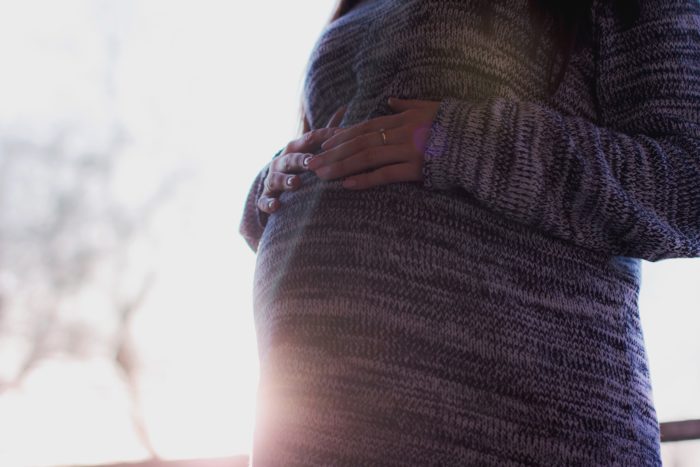Eating fish offers pregnant women nutritional benefits for both themselves and their developing babies. But, looking at newly published advice from the Food and Drug Administration and the Environmental Protection Agency, you might miss that fact.

The one-page document prioritizes choices based on mercury content instead of emphasizing the nutritional benefits of fish consumption. It also assigns fish to “best,” “good” and “avoid” categories based on distinctions that may be hard for consumers to follow. For example, tilefish is a good choice for pregnant women – unless it comes from the Gulf of Mexico. Likewise, tuna is a “best” choice if it’s canned light; “good” if yellowfin, albacore or white. If it’s bigeye, however, the FDA and EPA advise pregnant women to pass.
The approach gives a muddled message. And it threatens to increase the number of pregnant women who err not by eating too much fish, but by eating too little. According to NPR, an FDA analysis of fish consumption among more than 1,000 pregnant women “found that 21 percent of them ate no fish whatsoever in the previous month.”
Mitchell Goldstein, MD, medical director of the National Coalition for Infant Health, expressed concern about the report. “Pregnant women already don’t eat enough fish, passing up opportunities to provide their developing fetuses with DHA, fatty acids and other vital nutrients,” he explained. “Confusing advice could deter still more expectant mothers and their babies from optimal nutrition.”
As explained in the coalition’s 2016 Fast Facts, consuming fish provides pregnant women with iron, omega 3 fatty acids and vitamin D. It can also offer developmental benefits, allowing babies to reach important milestones such as sitting up and stringing words together early. And increased fish consumption can boost the baby’s IQ.
Government guidance and scientific studies have identified these benefits and confirmed the importance of fish consumption. The 2015-2020 Dietary Guidelines for Americans recommends that expectant mothers eat two-three servings of fish each week. A 2014 “Net Effects” report from FDA surveyed 120 peer-reviewed studies on the topic and determined that increased fish consumption during pregnancy conveys demonstrable benefit to the developing brain.
But will expectant and new mothers perceive that message in the government’s guidance? For nutrition’s sake, experts hope so.

